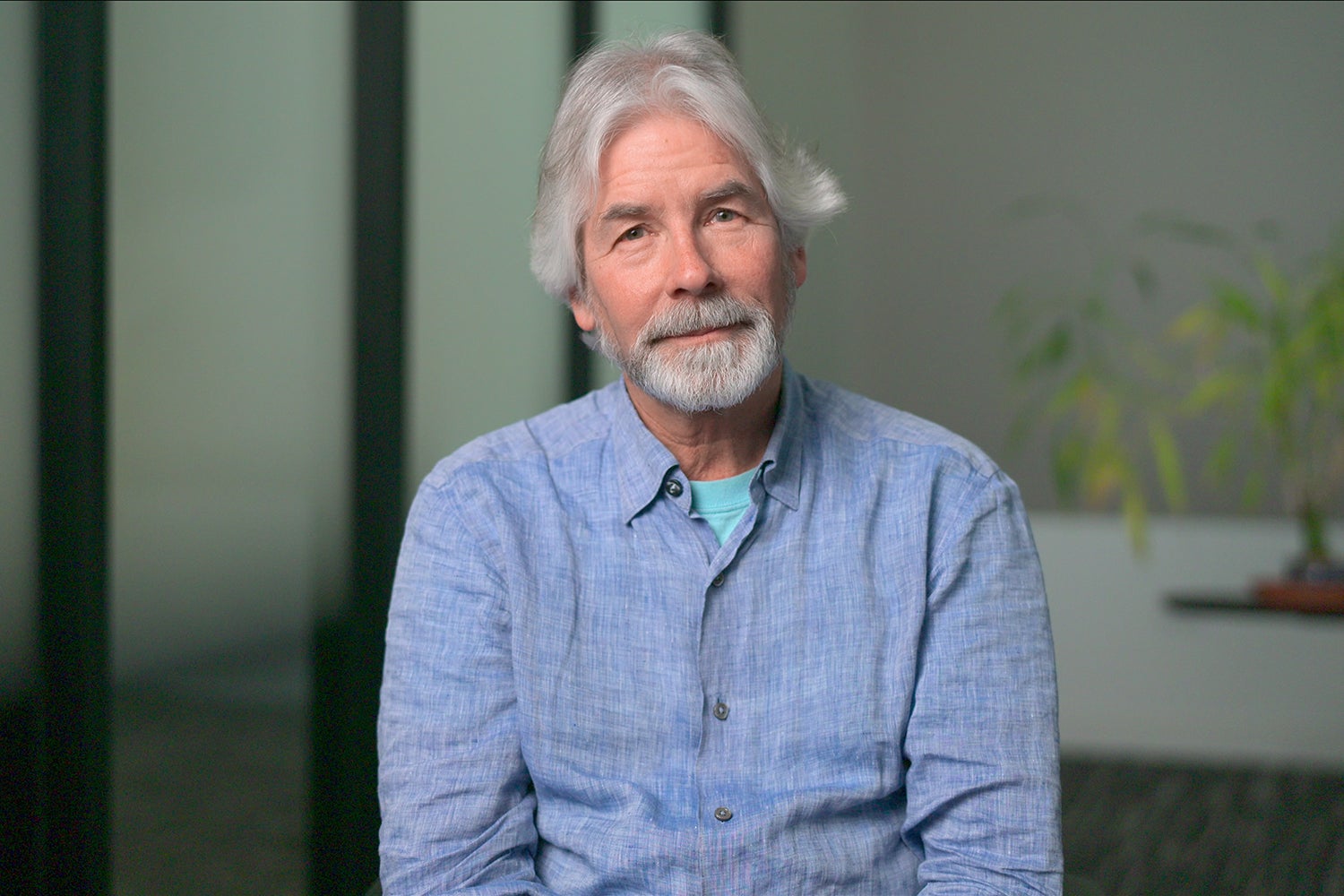Suggestions
Christopher Gardner
Professor at Stanford University
Christopher Gardner is a prominent nutrition researcher and professor at Stanford University. He holds the position of Rehnborg Farquhar Professor of Medicine and serves as the director of nutrition studies at the Stanford Prevention Research Center.13
Research and Expertise
Gardner's research primarily focuses on investigating the health benefits of various dietary components and food patterns through randomized controlled trials. His studies have explored topics such as:
- Vegetarian diets
- Weight loss diets
- Omega-3 fatty acids
- Antioxidants
- Garlic and cholesterol
In recent years, Gardner has expanded his research interests to include:
- "Stealth Nutrition" - exploring non-health-related approaches to improve dietary habits
- Institutional food systems in universities, workplaces, and schools
- Sustainable food systems and their impact on health and the environment4
Academic Roles and Affiliations
At Stanford University, Gardner:
- Teaches courses on human nutrition, food and society, and sustainable food systems
- Is a member of the Cardiovascular Institute and Stanford Cancer Institute
- Serves as a faculty fellow at Sarafan ChEM-H
- Is affiliated with the Stanford Woods Institute for the Environment3
Professional Involvement
Gardner is actively involved with several professional organizations:
- American Diabetes Association (ADA) - Co-authored updated nutrition guidelines in 2019
- American Heart Association (AHA) - Member of the Lifestyle & Metabolic Health Council and the Nutrition Committee
- Scientific Advisory Board member for the Culinary Institute of America13
Recent Work and Media Presence
In 2024, Gardner appeared in the Netflix documentary "You Are What You Eat: A Twin Experiment," which featured his research on identical twins comparing vegan and omnivore diets.2 He views this media exposure as an opportunity to reach a broader audience and promote healthier eating habits.2
Christopher Gardner is known for his advocacy of plant-based dietary patterns and his efforts to promote sustainable and healthy food systems.14

